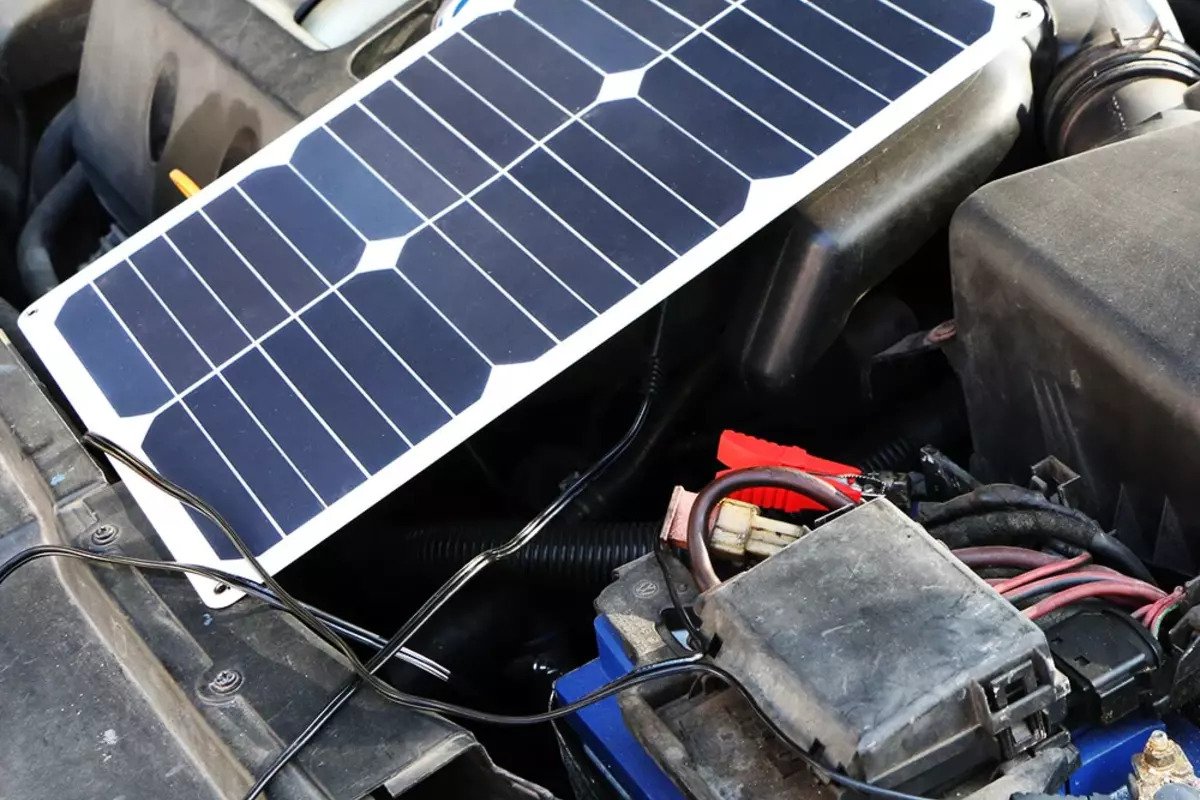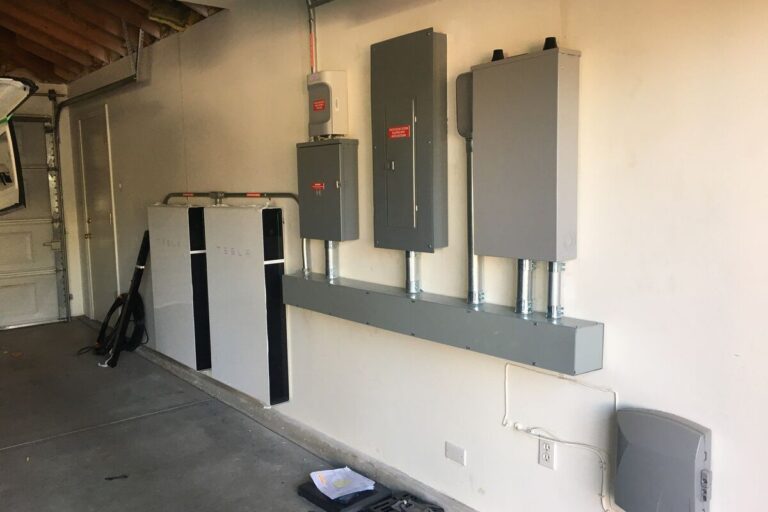Solar energy is increasingly becoming a popular choice across various sectors, from residential homes to commercial businesses.
Beyond the common sight of rooftop solar panels and expansive solar farms, the technology is making its way into smaller applications like calculators, road signs, and notably, the automotive industry. Here, solar-powered car battery chargers are becoming a mainstream innovation.
Understanding Solar Car Battery Chargers
In a conventional car, a 12V battery is essential for starting the ignition. These batteries have a limited lifespan and often need a jumpstart or replacement.
Some modern cars use regenerative braking to capture kinetic energy and extend battery life.
Solar chargers offer an alternative route to battery longevity. They connect a small photovoltaic panel to your car’s battery, sometimes even through the vehicle’s cigarette lighter, using sunlight to recharge the battery.
Key Benefits of Solar Car Battery Chargers
- Low Maintenance – These solar chargers are not only cost-effective but also require minimal upkeep, making them a practical choice.
- Longer Battery Life – Solar chargers can extend the life of your car’s battery, reducing trips to the auto shop for replacements.
- Eco-Friendly – By using the power of the sun, these chargers contribute to sustainability and a smaller carbon footprint.
Drawbacks and Limitations
Despite the advantages, however, there are some challenges. They’re as follows:
- Sunlight Dependency – Solar chargers need sunlight to operate, which can be a problem at night or during cloudy weather.
- Limited Power Output – These chargers often produce low amperage, making them better suited for battery maintenance rather than bringing a dead battery back to life.
- Manual Monitoring – Unlike some solar applications, car battery chargers generally lack voltage regulation, requiring some degree of manual oversight.
- Time-Consuming – Although often sufficient for emergencies, solar charging isn’t as quick as traditional methods and may require several hours of sunlight.
Environmental Considerations
While solar chargers may seem like a completely eco-friendly option, their environmental impact isn’t entirely positive. They can contribute to electronic waste when they reach the end of their lifespan, which is often shorter than larger solar installations.
Unfortunately, there are limited recycling facilities for such small-scale solar products.
For a genuinely eco-conscious approach, it’s crucial to consider a product’s entire lifecycle, from its production to eventual disposal. Whenever possible, opting for repair over replacement can mitigate the negative environmental impact.





+ There are no comments
Add yours